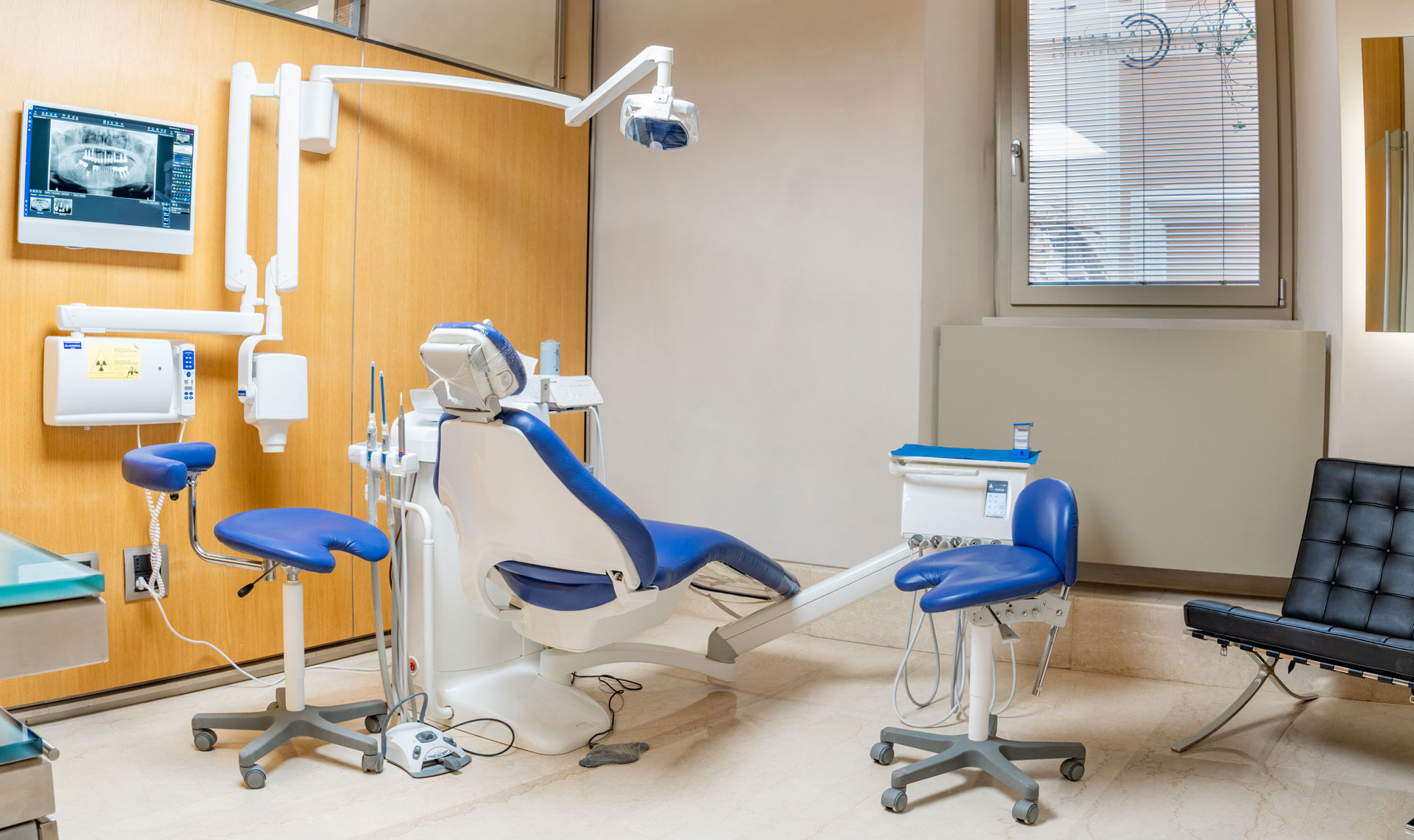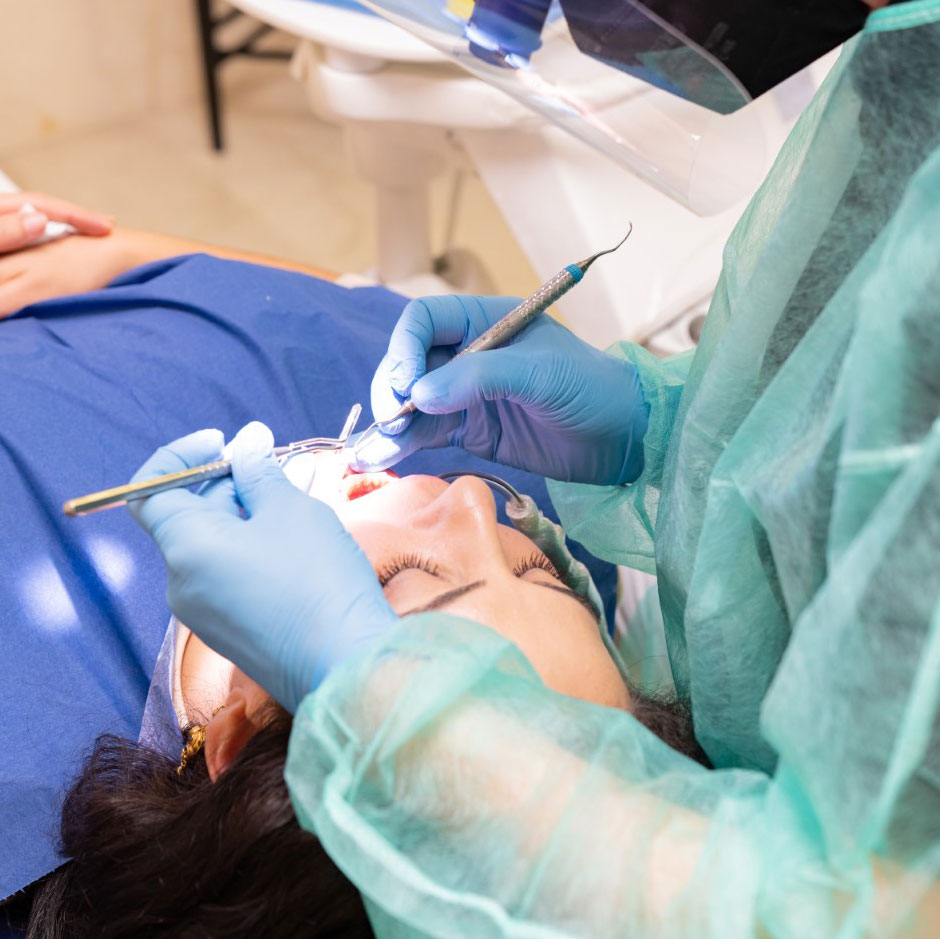
Bruxism is a repetitive activity of the jaw muscles, characterized by clenching, grinding the teeth, and holding or pushing the jaw. If it occurs during sleep, it is called nocturnal bruxism; during wakefulness, it is called daytime bruxism.
Its prevalence reaches 20% among the adult population. Bruxism has been associated with nervous tics and reactions to stress. The genesis of bruxism is not yet fully elucidated, although stress and anxiety are considered risk factors.
Bruxism has recently been classified as a “sleep-related movement disorder.” Awareness of grinding teeth during sleep, noticed by the partner or family members, is reported by 8% of the population.
Recent publications suggest that nocturnal bruxism is secondary to sleep-related micro arrests, defined by increased autonomic cardiac and respiratory activity that tend to recur 8-14 times per hour of sleep. The role of hereditary (genetic) factors and upper airway resistance in the genesis of rhythmic activity of masticatory muscles and sleep bruxism is, even today, the subject of study.
The rhythmic activity of the masticatory muscles in nocturnal bruxism reaches its maximum in the minutes preceding the REM (rapid eye movement) sleep phase. It suggests that a mechanism related to the transitions of the sleep phase exerts an influence on motor neurons, facilitating the onset of nocturnal bruxism.
Finally, it remains to be clarified when bruxism, a behavior found in an otherwise healthy population, becomes a disorder associated with consequences such as damage to teeth, muscle and joint pain, and the development of social/marital conflicts requiring a doctor’s intervention.
Treatments
Currently, bruxism is treated by dental specialists and specialists in sleep disorders. The clinical and instrumental examinations will correlate any problems in the alignment of the dental arches and a specialized examination to verify the progress of night rest (polysomnography).
The therapy treats anxiety disorders, incorrect lifestyle habits, or dental health. Very useful are the spacers of the dental arches made to measure, better known as night protection plates.
We strongly advise you to contact the specialist and not try some “homemade” treatment that may be harmful. A specialist visit and an early diagnosis can save you many problems and future costs.
